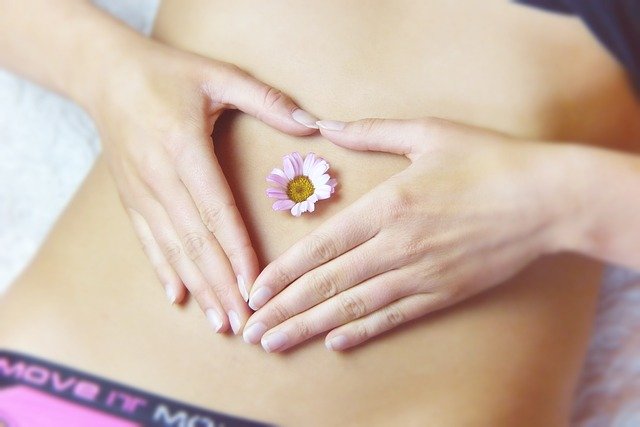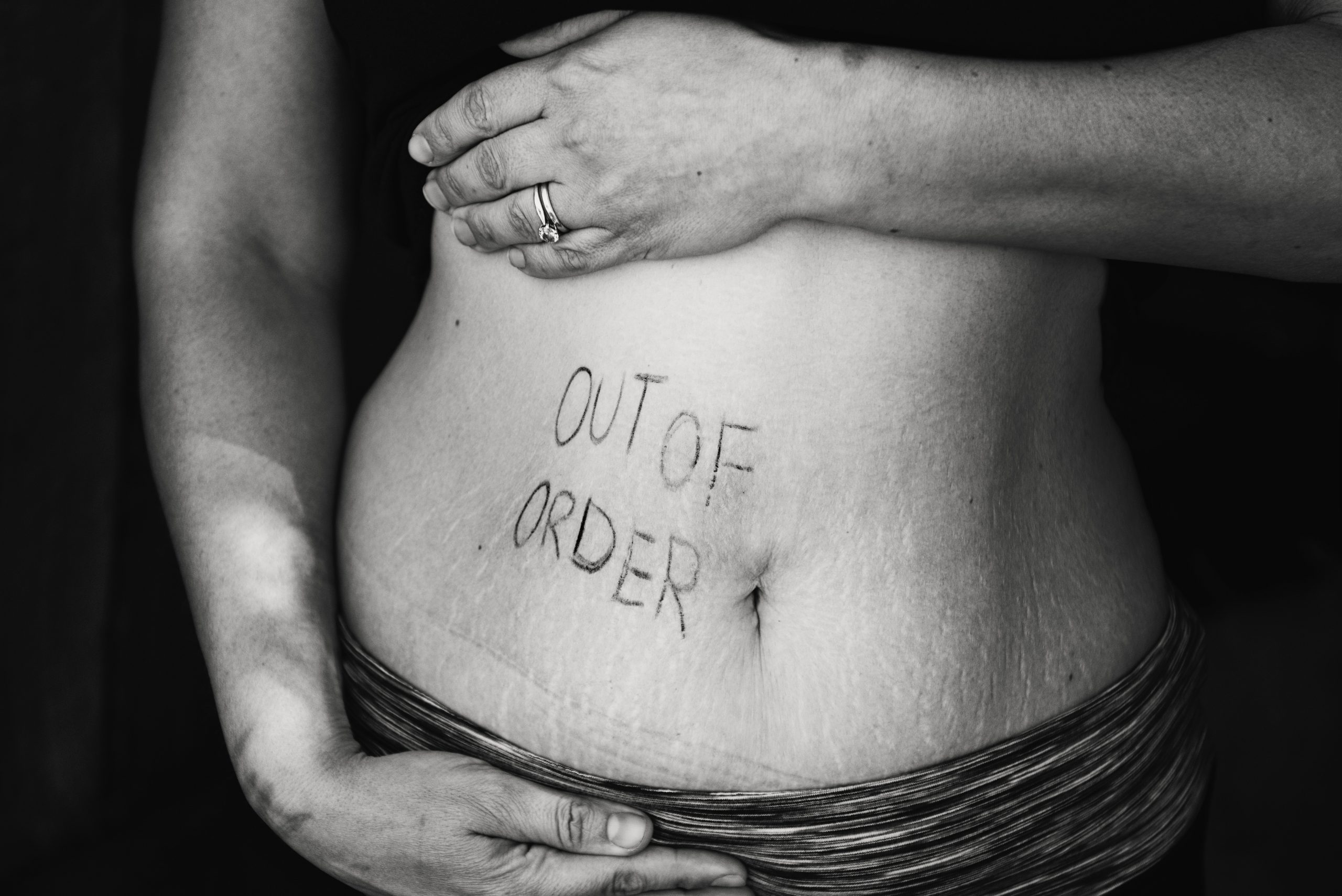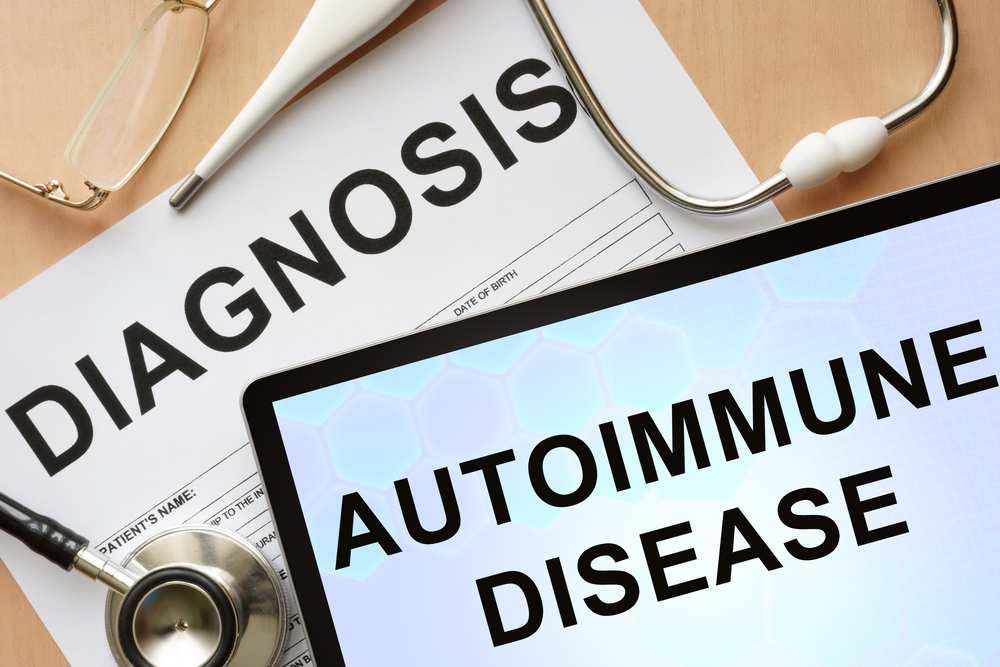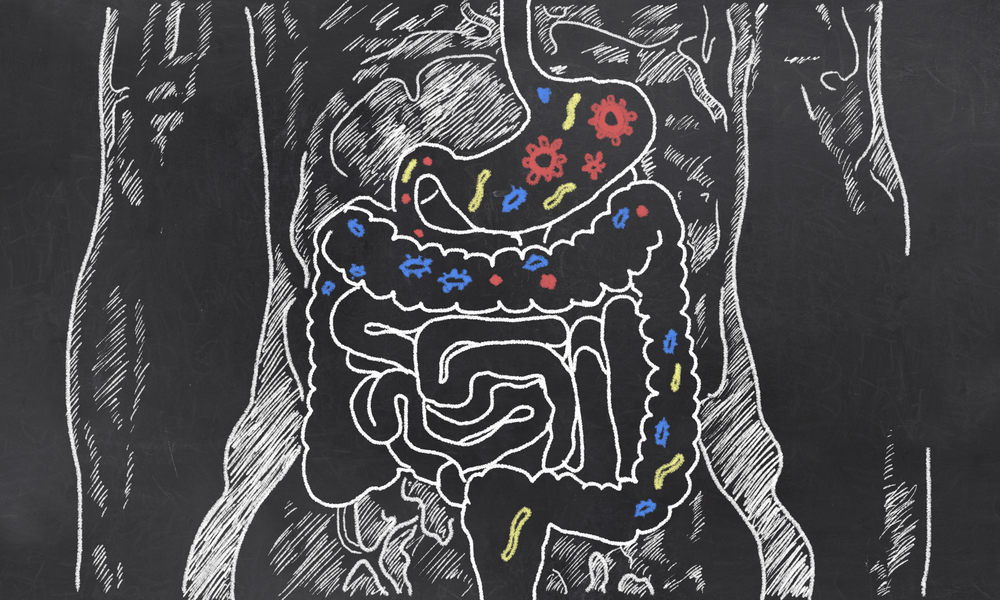Our Blog
How Poor Gut Health Can Affect Your Mood

With mental health being such a popular topic in our society, more and more people are looking for answers as to why mental health issues occur and seem to be on the rise. Though seemingly unconnected, some researchers are starting to look at the gut to figure out if it may have an impact on the brain, and more specifically one’s mood. Studies are now suggesting that the microbiome and a deficiency in certain bacteria may be linked to poor mood and even depression.
What is the Microbiome?
So what exactly is the microbiome? Housed within the gut of each individual is trillions of microorganisms, often referred to as microbiota or microbes, each a part of thousands of different species. These may include bacteria, fungi, viruses, and even parasites.
Every person has a unique microbiome that is impacted by DNA, diet, and environmental exposure. The microbiota break down toxic food compounds, synthesize vitamins and amino acids, and even support the immune system. While the microbiome is extremely beneficial, if there is a disruption to its balance, it can cause detrimental effects to the body.
Impact of Poor Gut Health on the Brain
Because of the importance of the microbiome to the body as a whole, scientists are starting to research and make a connection between the gut and depression. In several studies, researchers found that those who had depression or poor quality of life were missing two microbes, specifically Coproccus and Dialister. Studies also showed an increase in the bacteria found in individuals with Crohn’s Disease, can cause severe inflammation, suggesting this may be at fault as well.
While scientists are still not quite sure of the link between the gut and brain, many feel it may have to do with the vagus nerve, which connects the two. They have also found that the microbe Coproccus may be linked to dopamine, which impacts brain function and mood. It has also been found to make butyrate, an anti-inflammatory substance. Despite not knowing the direct link, scientists do know that these microbes are missing in depressed individuals irregardless of race, sex, age, and antidepressant use.
Improving the Microbiome
While this research is important in finding a potential cause of depression, studies are still ongoing. Many are beginning to look at implementing probiotics, which are bacteria supplements, to improve the microbiome and therefore improve mood and depression. Most probiotics, however, do not include Coproccus and Dialister.
In addition to probiotics, scientists are also looking at implementing fecal transplants into depressed patients. Much like it sounds, it is the transfer of fecal matter from a healthy individual into the GI tract of another individual with microbiota issues. Studies are still ongoing, but these studies plan to evaluate depressed individuals before and after the transplant to look for improvement in mood.
Natural Ways of Improvement
Fortunately, there are many natural ways to improve the health of your gut apart from probiotics and fecal transplants. These include:
- Eating fermented foods and prebiotic fiber
- Consuming less sugar and sweeteners
- Reducing stress
- Avoiding antibiotics
- Regular exercise
- Adequate sleep
- Employing fewer disinfectants
- Quitting smoking
- Eating a vegetarian diet or a diet rich in organic vegetables and including moderate amounts of grass-fed and grass-finished meats
Because many of these solutions are connected, making small changes in one area will often promote improvement in another. For example, regular exercise will help promote better sleep and can aid in reducing stress.
Schedule Your Appointment Today!
If you or someone you know is struggling with mental health, mood disorders, or depression, it may be time to take a serious look at the gut. To assist you in improving your microbiome, give our team at The Gut Authority a call. Our desire is to see every person we help learn how to care for themselves in a natural, holistic way and to obtain a happier and better quality of life.




